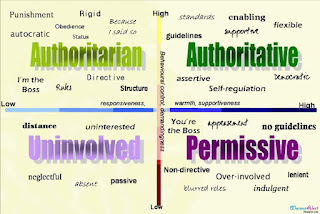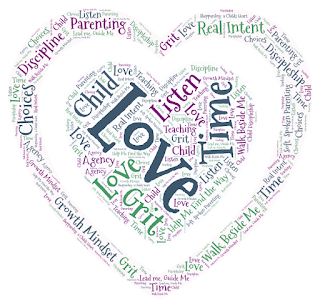
Growth Mindset and Grit Growth Mindset | Fixed Mindset Fixed Mindset A Fixed mindset is a belief that talents, traits, and basic abilities are fixed and can't be changed. A fixed mindset assumes that your character, intelligence, and creativity are unchanging and that you can do nothing to change that. A person with a fixed mindset believes that to succeed in every situation, you have to prove yourselves and prove that your given abilities and characteristic traits are enough. A fixed mindset leads to frustration, failure, and learned helplessness. No amount of effort will improve your chances of success. You can't change. You are what you are. Your success is what it is. If you don't have the skills or intelligence to complete a task, there's no chance for improvement. Myopic It is what it is; I cannot change it. "I can't" Growth Mindset The growth mindset is the opposite of a fixed mindset. Profe...


